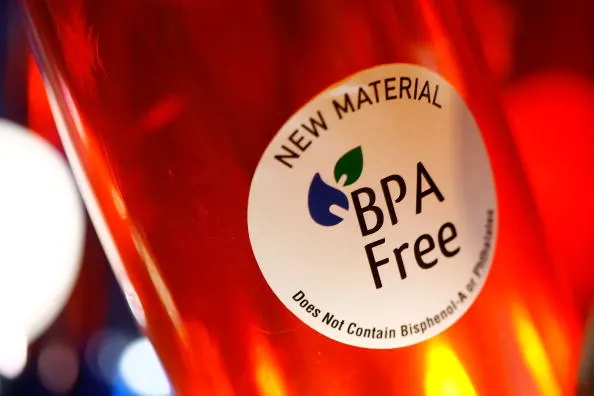
BPA-free plastic products may still contain harmful chemicals, studies suggest
Depsite the common belief that plastic products labelled as BPA free are safe, this may not be true according to new research
Bisphenol A, or BPA as it’s commonly referred to as, is a chemical that can be found in numerous hard plastics people use quite frequently. Some research has linked higher doses of it to health risks. Because of this, companies started manufacturing plastic products without it, using alternate compositions and labelling them as BPA free.
However, new research indicates the substitute chemicals used for BPA may have negative health impacts similar to those resulting from BPA. Health and environmental advocates are now questioning the safety of the substitutes.
UNCERTAINTY SURROUNDS IMPACT OF BPA ALTERNATIVES
Any scientific evidence of the impact of the products containing the subsitutions is puzzling because there is little information for consumers on what exact substances are being used to replace BPA.
A 2019 study published in Toxicology examined hundreds of studies on two dozen different BPA substitutes and found some "have health or toxicological effects at concentrations similar to or lower than BPA."
So, these chemicals could potentially have the same harmful effects as BPA, but at lower levels. Nearly all of the substitutes tested contained some hormonal influence, which indicates they could affect growth and reproduction.
Muhannad Malas, a toxics program manager at Environmental Defence, told CBC News, this is an issue that the scientific community has been warning regulators about for a "very, very long time."

Plastic bottles. Photo: Getty Images.
"Chemicals like BPA, that end up getting phased out through regulation or through voluntary corporate action, are being replaced by what are referred to as 'regrettable substitutes,'" said Malas.
BPA REPLACED BY OTHER BISPHENOLS?
There is some concern among researchers that BPA is being replaced by other types of bisphenols in plastic products, based on an expanding presence in the environment and in our bodies. Determining the precise source is difficult because companies don't have to list them as ingredients on product packaging.
SEE ALSO: We consume a cereal bowl full of plastics every 6 months: In photos
Although plastic is one of the likely sources, food cans, receipt paper and clothing may also contribute. However, Steve Hentges, a senior director at the American Chemistry Council, representing the chemicals industry, doesn't believe this is true.
"There is little evidence or reason to believe that BPA is being replaced with other bisphenols," he told CBC on behalf of the organization.
Determining what the substitutes are is complicated further by the common use of the BPA-free label, which Erica Phipps, executive director of Canadian Partnership for Children's Health and Environment, believes is for marketing purposes and stated so in a 2010 position paper.
"It's responding to the fact that BPA has now been identified as something that we'd like to avoid exposure to. You'll see it on categories of products that never had BPA to start with," said Phipps.
Thumbnail courtesy of Getty Images.











